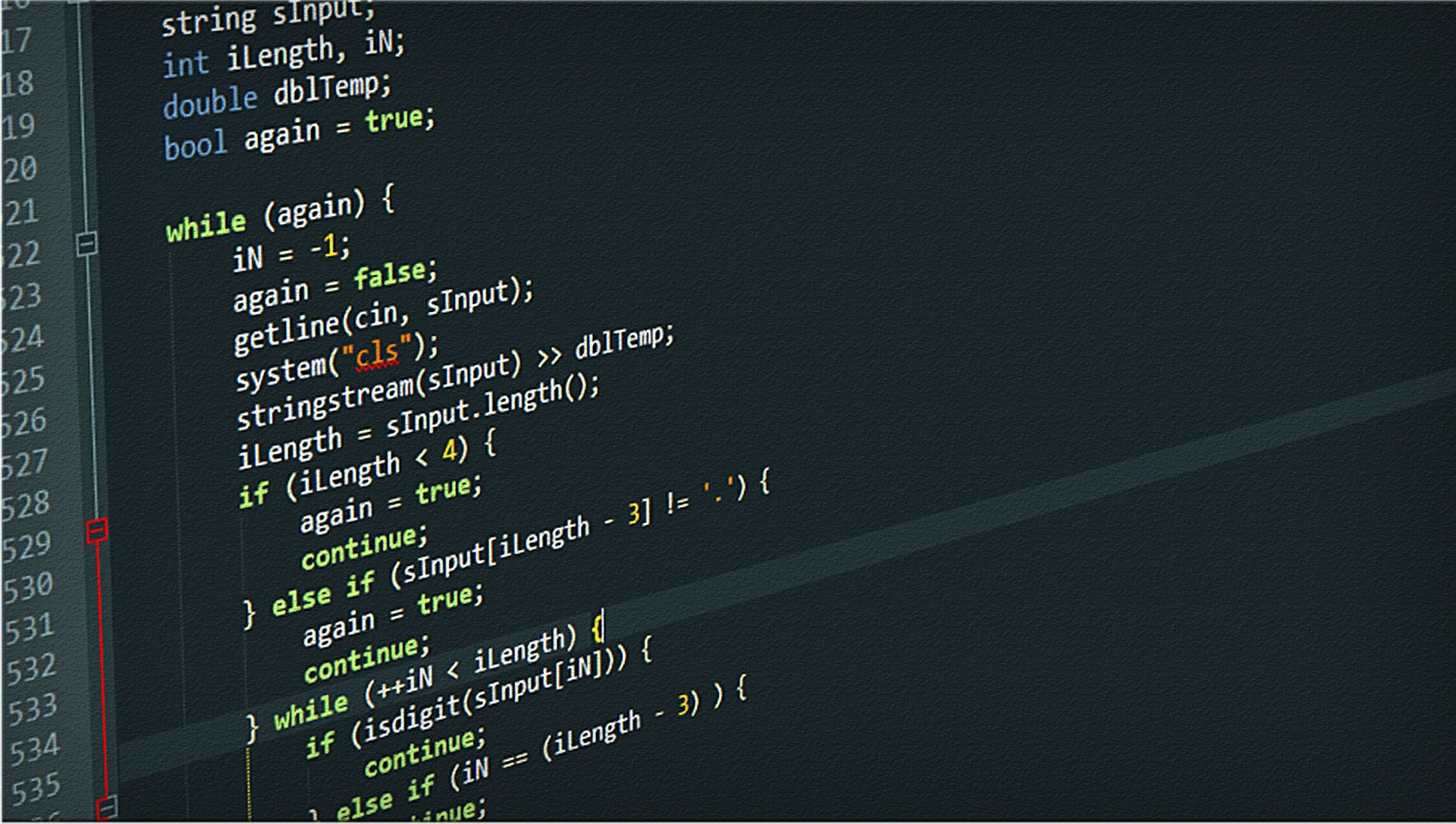On March 7th, The Verge reported on a hacking attack at Samsung. The incident involved a hacking group called Lapsus$, which has also admitted responsibility for another recent attack on Nvidia. Their target was Samsung's proprietary source code, reports James Vincent, "used by Samsung for encryption and biometric unlocking functions on Galaxy hardware."
While it does not appear that anyone's personal information was stolen,--undoubtedly good news--the fact that someone has pilfered a portion of Samsung's source code certainly isn't going to bode well for the company. Source codes are the basic, human-created code that under-gird a computer program. Think of it like a program's blueprint. And it's never good when someone runs off with your project's blueprints.
The Importance of Protecting Source Codes
Source codes are among the most important trade secrets in the tech world. This makes sense when you consider the wellspring of potential products that can come from proprietary code. Proprietary codes allow firms to stay competitive. Owning and controlling your product's code removes the headache of buying licensing rights for someone else's program. It also grants firms greater freedom in developing products as they have complete control over the shape of its foundations.
Source codes are vulnerable to theft as well as accidental leaks and exposures. Thankfully, source codes, like all intellectual property, are protected by U.S. copyright law, so firms can file suit against someone who illegally uses their code.
Even so, loosing money on intellectual property isn't the only risk of compromised code. An exposed code can reveal the minute functioning of a program to malicious actors, who, even if they don't copy the code outright, may use it to create a new product to compete with the original software. This can dull a firm's competitive edge in the market.
As such, access to your company's source code should be be tightly controlled. Moreover, security measures like 2FA and, if possible, biometric security measures are musts. Both of these measures have proven to be more effective than conventional passwords alone.
In addition, many companies will employ code repositories to store their codes from prying eyes. Repositories offer secure places to store your source codes as well other documentation relating to proprietary information, like patches and correspondence. Github, Bitbucket, and a variety of other security platforms have built-in code repositories, which firms can employ to protect their information.
Finally, effectively training and communicating with your employees is arguably the best general practice for keeping your data secure. There should be clear, written procedures in place that anyone can access and understand. Furthermore, all employees should be trained and kept up to date on company-wide security procedures and why those procedures are important. Standardized practices go a long way in reducing the likelihood of theft and exposure.
Do you need help protecting your proprietary information? Not sure where to start? Titan Tech can help you establish good security practices and tools to protect your firm's assets, source codes, and market strategies from threats. Contact us today to learn more.
And join us later this week for more tech news.

